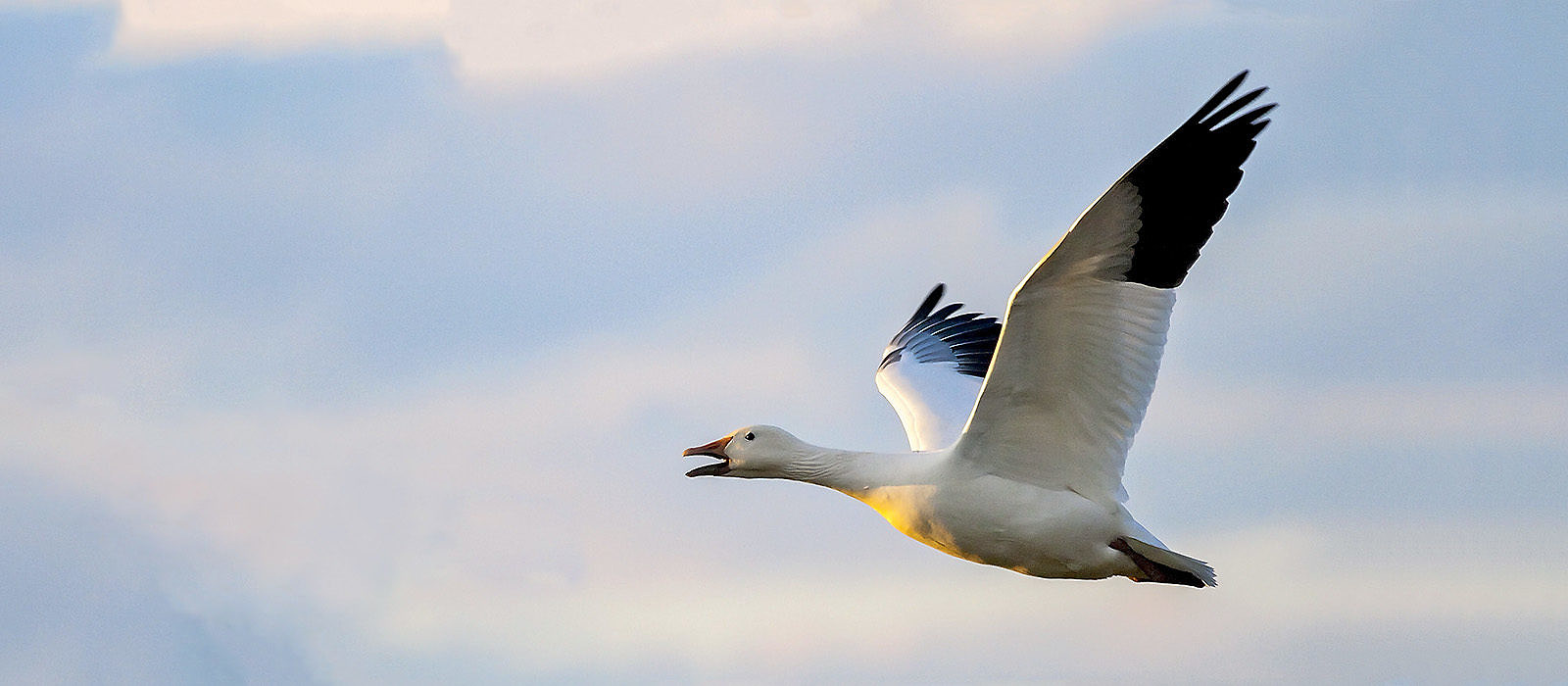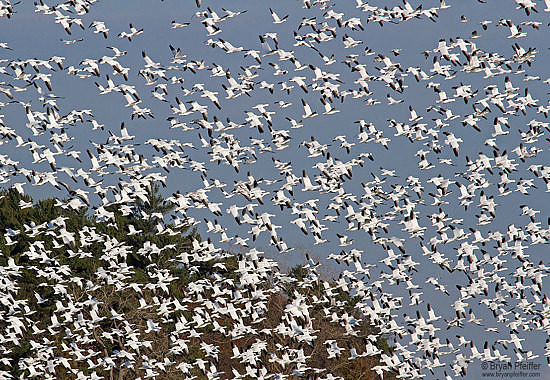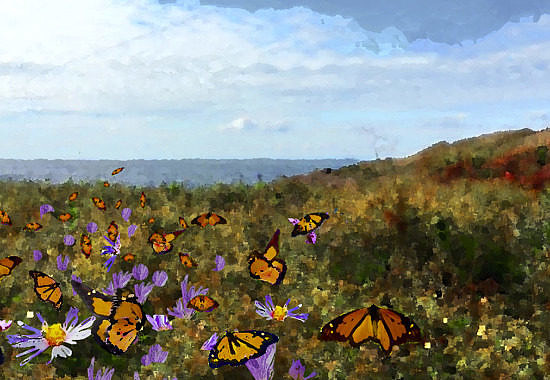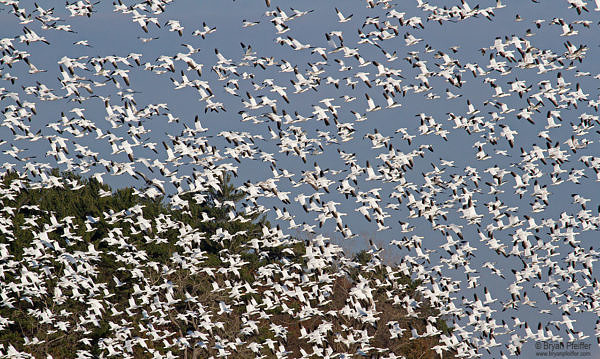
My Extra Hour
A plan to defy the laws of time — in nature
Here’s a reprise of an essay for The Boston Globe, which ran a year ago in the Sunday Ideas section.
As most Americans gain an extra hour this weekend, I will set in motion my plan to defy the laws of time.
I will retire Saturday night without dialing back my clocks or allowing the gadgets to do it for me. On Sunday I’ll go about my usual business, including spending the day outdoors enjoying wildlife here in Vermont. All the while, my clocks and I will remain on daylight saving time — one hour ahead of conformity.
After all, I have better uses for my extra hour later that day.
George Vernon Hudson might have liked my plan. In 1895, the British-born scientist and postal clerk proposed, at a meeting of New Zealand’s Wellington Philosophical Society, to alter the time of day by two hours each spring and fall in the interest of energy efficiency, gardening, outdoor recreation, and even morality.
I have reason to believe Hudson had other motives. Like me, he was an entomologist with a particular interest in dragonflies. Extra daylight in the evening, which is what we get when daylight saving time begins in spring, would have given Hudson more time after leaving his work at the post office to find and collect insects before dark.
According to the proceedings of the Society, Hudson’s proposal met “rather with ridicule” that day, with a Mr. Harding calling the idea “wholly unscientific and impracticable.” Even so, various configurations of daylight saving time gradually caught on during the 20th century. By advancing clocks an hour in spring, when the sun rises early anyway, we still awaken to daylight but get an extra hour of light toward day’s end. Not a bad deal.
Rarely do we literally “make time.” Finite, scarce, and arbitrary, time seems to slip so easily from our grasp. Even as we struggle to find it and control it, even as we might endeavor to do something productive with that extra hour next weekend, our gadgets will take it from us at 2 a.m. on Sunday. Many will use the extra hour for sleep. I’d rather claim it while I am awake.
So I intend to game the system.
On Sunday, I plan to travel to the shores of Lake Champlain in Vermont to watch thousands of white Snow Geese honking overhead on their annual migration south. Perhaps I’ll find the last of this year’s Monarch butterflies, the stragglers on their audacious 2,300-mile journey to Mexico. And like my colleague-in-spirit George Hudson, I’ll look for one of the last dragonflies still on the wing here in Vermont — a red flash called Autumn Meadowhawk.
All the while, I will not yet have claimed my extra hour. Not until 5 p.m. or so. Around that time on Sunday, I would normally head for home and begin to think about my inbox, my calendar, and the work week ahead. But if it is not too cloudy, the sun, before slipping behind the Adirondacks across Lake Champlain, will cast low, angled light on the final pastel splashes of fall foliage. The Snow Geese and Monarchs and Autumn Meadowhawks will be settling in for the night. And I’ll want more time in the wild.
Only then, out there by the lake, will I claim my extra hour. Only then will I turn my clock back to 4 p.m. I will “make time” — not indoors on Saturday night before bed, not while Apple and Google make it for me, and certainly not to gain an extra hour of sleep. In an admittedly symbolic act, I will claim my hour later on Sunday for doing more of what I love: being outside in nature.
To be sure, minutes and hours remain our very own creations — arbitrary and temporary. As easily as we gain one hour now, one will be taken from us in spring. So I feel free to bend time for my own arbitrary — and purposeful — means.
In his proposal to the Wellington Philosophical Society, Hudson wrote: “In favor of the scheme, special attention is directed to . . . the numerous classes who are obliged to work indoors all day, and who, under existing arrangements, get a minimum of fresh air and sunshine; and the probable resultant increase in the health, morality, and happiness of the community generally.”
We can make good things happen over the course of 60 minutes. Or as Mary Oliver might have more elegantly put it: Tell me, what is it you plan to do with your one wild and precious hour?
Related Reading

The Snow Goose Scoop
Tracking the greater Snow Goose migration through the Champlain Valley of Vermont and New York each autumn.

Butterflies and Joy
Two hundred orange butterflies in a meadow of purple wildflowers — next to the ocean. It reminds me to slow down, lose the gadgets and find the joy.


Your blogs take me back to a peaceful version of myself. I blogged in much the same manner (with the same intonations even), for over a decade as I mused about life as a EM physician, but also about life, travel and the nature of divine things in general 🙂
Hello Bryan, an especially drippy day here on Widgeon Cove, nursing sadness of a relative’s illness, so I went back to many of your essays that I had saved; “Snow Geese” , Transcendence”, and I found my peace, like I do in the woods. Released 60 Monarchs this year, 100 last year. It is MY Peace when I read your words. Thank you again, Georgeann
Took your idea to heart and had a marvelous although cold time along the McCloud River yesterday here in far northern Calif!
Photos on Facebook at https://www.facebook.com/photo?fbid=5073701835993420&set=pcb.5073703002659970
Snow geese last Sunday at Gage Rd, Dead Creek – ✔️
Autumn Meadowhawks all over Dead Creek – ✔️
Big gratitude to Bryan to reminding us this beauty lives in spare time taken – ✔️
Bryan, I still miss VT although I have lived in DesMoines, IA since Aug. 2012, so I always welcome reading your essays. We are in a spell of warm weather and blue skies and I get out to walk as much as possible but we don’t have the foliage colors that New England gets, really miss that. Happy Thanksgiving to all.
Margie, this is lovely. Thanks. I have a new title on my reading list. Looking forward to More Than Meets the Eye.
How true. How simple. Thanks, Sue!
Updates on the Snow Goose Scoop!
Thank you, Jill!
Oh, the world in those little things. Love it!
Hit or miss there, Robert. But they’ll be around into November.
Thank you, Joy!
Thanks, Leda Beth!
Eek! Hope you get paid for that one!
You’re most welcome, Doreen.
Bravo, Bernie!
Love it! Perfect timing!
Well, on retirement — I’m gettin’ there! Thanks, Rita!
Ah, the joys of retirement!! I LOVE it.
Thanks for this Bryan. I may spend my hour greeting Short Eared Owls.
I am all for (native) Habitat Savings Time.
This is wonderful and transforms my thinking. Thank you so much!
And those of us working the night shift get to work on more hour(12-hour shift turns into 13-hour shift).
Love this– thank you Bryan! As much as i like an extra hour of sleep, this sounds really great.
That was lovely. Thank you for posting.
.
@michele – My wife and I were at Dead Creek today (11/4). We saw 2 large flocks on the ground, one had maybe 150 snow geese, the other more distant flock had many more. It was not a great outing, too foggy this morning.
Bryan, my soul brother. Just back from a many houred ramble up Taylor Valley with the LBDs looking at mosses and finding a few uncommons. Now I am fed with joy and the LBDs asleep by my side.
Thanks. That was lovely
Where do you go on Lake Champlain? Where’s the best place to go? In the past we’ve gone to Dead Creek.
Exactly so. To be in nature is to really live.
This is a great essay Bryan, thank you for writing it! For those of us who have the luxury of time, spending it outdoors can be especially rewarding. After reading my book More Than Meets the Eye: Exploring Nature and Loss on the Coast of Maine, a neighbor remarked that she doesn’t see half the things that I observed and wrote about in the book even though she lives near me. And I stressed that it’s not that I have observational superpowers compared to her but rather that I try to spend as much time as possible outdoors each day. That way I can hear the loud swoosh of a bald eagle’s wings as it flies overhead, spy a red squirrel carrying a mushroom in its mouth to its winter larder, and be surprised by a weasel popping up out of its burrow.